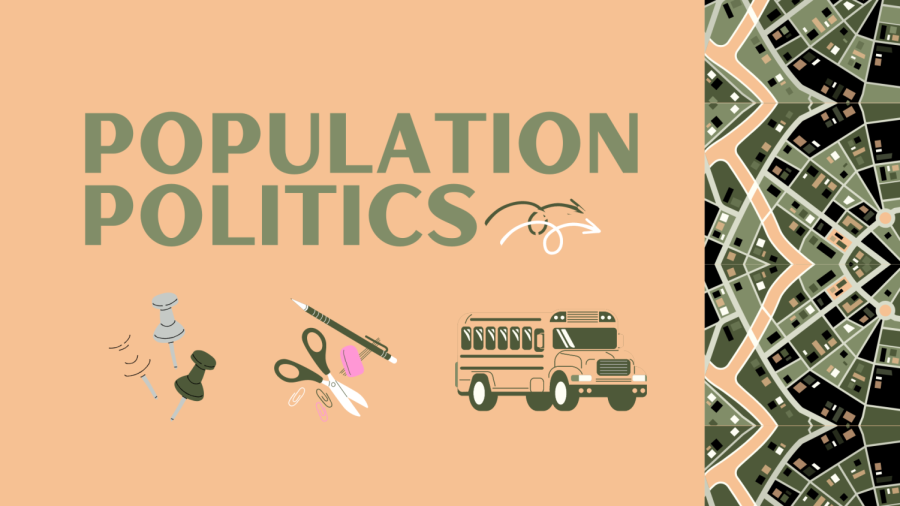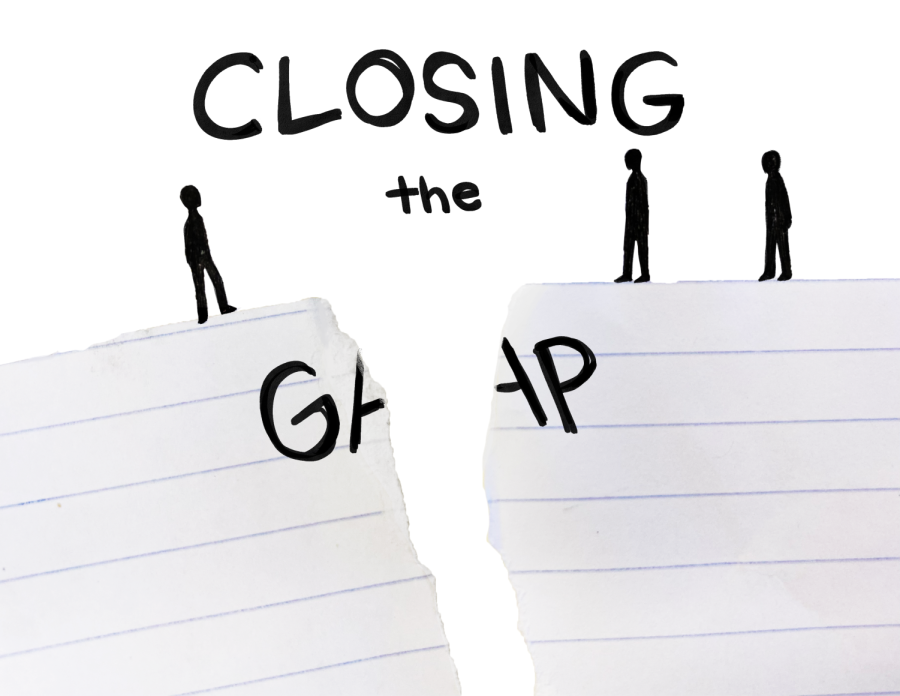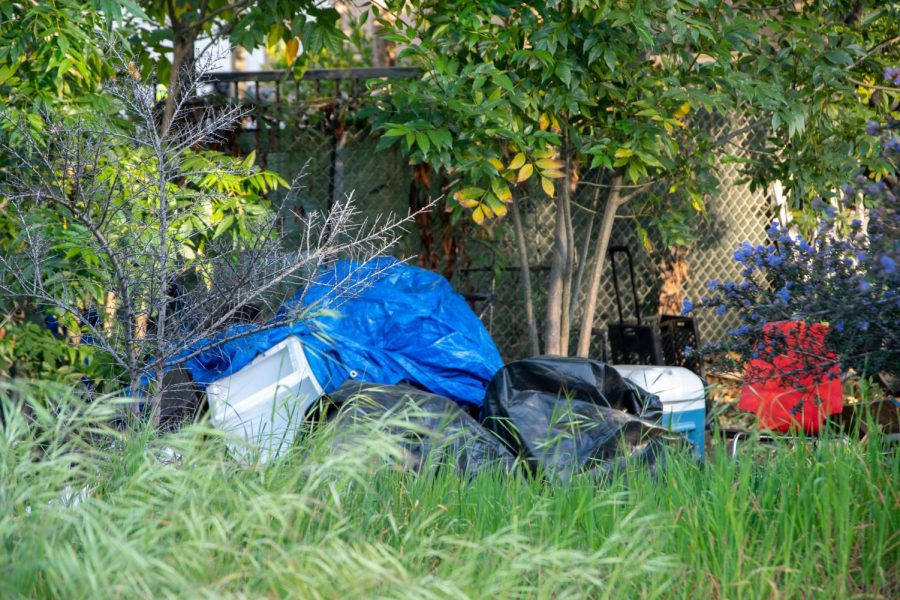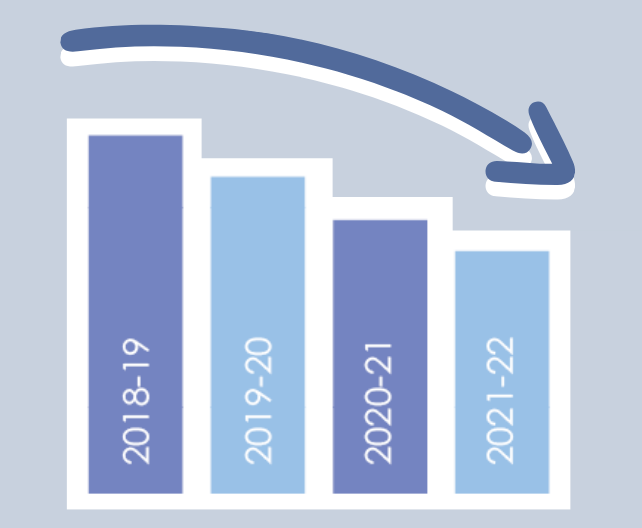In 1972, after Friday night football games, MVHS students would meet up at the McDonald’s near highway nine, now known as De Anza Blvd. There was a Taco Bell, a Shakey’s Pizza and a parking lot packed with cars. People would smoke marijuana, drink beer publicly and race their cars down the highway. This was the first graduating class of MVHS.
Once MVHS opened in 1969, there were two classes: the sophomores and the freshmen. David Lofstrom, MVHS alumni from the class of 1972, explained that he and his classmates broke many rules.
In 41 years, however, MVHS has changed in many ways. One of the most prominent differences seems to be the party scene.
According to a survey of 229 students, 59 percent of students believe partying and the drinking among MVHS students has become an  underground culture. Although 60 percent of students, from a survey of 226 students, know of people who go to parties, only 27 percent, from a survey of 230 students, actually go to parties. Based on these stats, lot of students wouldn’t break the rules, at least, not openly.
underground culture. Although 60 percent of students, from a survey of 226 students, know of people who go to parties, only 27 percent, from a survey of 230 students, actually go to parties. Based on these stats, lot of students wouldn’t break the rules, at least, not openly.
2015
Her first party was at the end of the summer of 2015. Due to the nature of this subject, we will call her Ally. The house looked perfectly normal from the outside. Inside, however, there was blaring music, people everywhere, kids laying on top of each other and a table lined with illegal substances. She was extremely nervous.
“You start thinking of about your whole entire future and what you could be sacrificing and throwing away. It [was] really big for some reason for me,” Ally said. “The whole time I was like I shouldn’t be doing this. I was being really cautious of everything that was around me. I wanted to go home.”
At some point during the party, someone started yelling that the cops were going to show up. That’s when things got too intense for her. Along with a group of about 10 other girls, she ran as fast as she could away from that house. And for almost a year, she stopped going to parties.
“I was like I can’t go back to that for a long time. I was kind of traumatized because people were saying that the cops were going to show up,” Ally said. “[I] just kind of reflected and it’s like, ‘What am I doing with myself?í’ I wasn’t old enough to understand … so I was kind of mad at myself and just stayed away.”
1972
When his senior year rolled around, Lofstrom says his graduating class decided to go all out on a senior prank. They started by putting picnic tables on top of the Gym. They took a car out of an auto shop and stood it on end in the middle of the rally court; afterwards, they added a gas can with a wick, so there was gas burning out of the top of the car. But they didnít stop there. Their next course of action was to flood the rally court and jam nails into classroom doors so nobody could enter. And the grand finale: taking their cars to the upper field to race each other on the track.
Principal April Scott says that over time families as well as school policies have controlled this type of behavior. Specifically, MVHS administration developed stricter dance policies because years ago, students would come to dances under the influence. According to Assistant Principal Mike White, students would rent hotel rooms at the prom venue to hold their own “after parties.” Because of that behavior, the administration changed the venue of the dances.
“Sixteen years ago alcohol usage at dances [was] huge. It was common at every dance to bust at least one child for being under the influence. But that’s really changed, dance policies have changed,” White said. “That’s just not a great problem that we see. It’s been two years that we’ve had anybody under the influence, that we know about.”
Whether the party culture among students at MVHS is discrete or not, ultimately, White feels that this type of exposure to partying and drinking is not healthy for teenagers. White attended Oak Grove High School in East San Jose, where his brother was a major part of the party culture. And that didnít stop once he entered college. Eventually, his brother was expelled from UC Berkeley due to academic deficiency, losing his full athletic scholarship. And so White steered away from that type of partying.
But it was more than just his brother. Whiteís uncle passed away in Nov. 2016 as a result of his drinking habits. White was never drawn to party culture because of his uncle’s alcoholism as well.
“If anything that taught me [it was] that, ‘well okay I don’t need this to happen in my life,’ White said. “That was my example to learn from his mistake.”
Lofstrom like White, had his own reasons not to elevate his level of partying to beyond control. Because he had a job as well as other responsibilities, he couldn’t afford to lose control and party all the time. Some of his friends, however, did.
“They just liked to do drugs and they liked to drink. And quite of a few of them have been dead for a long time because of it because they just never stopped,” Lofstrom said.
Now, almost 41 years later, Ally feels that the party culture among MVHS students is more responsible. According to her, for example, they always have a designated driver.
1975
Back then, however, Jenni Middleton, an MVHS alumni from the class of 1975, says they didn’t even know what a “designated driver” was.
She described herself as a “backgater.” During Middleton’s time at MVHS, the back gate, now the back entrance of the school, was where some students would gather during lunch, or during class, to smoke. During lunch, a cloud of smoke would emerge from the back of the school. But by the time the teachers arrived, all the students got rid of the cigarettes so they wouldn’t know who did what.
Middleton, however, spent so much time at the back gate instead of class that in her senior year she was kicked out of MVHS and sent to Blaney High School, an alternative school.
She recognizes that the party culture among MVHS students at the time was far more reckless. Middleton and Lofstrom both say they rarely actually did school work. On the rare occasion that Middleton took work home, she says she only spent about 30 minutes on it.
“If you aren’t even thinking about if you’re going to kill somebody when you’re [drunk] driving or die in this car on the cusp of it, you certainly aren’t thinking about what’s going to happen to your whole career and your college education if you get caught,” Middleton said.
One night, Middleton and her two friends sat on top of the car while they made their way up Montebello Rd. — what they called “car surfing.” As they were driving back down the road, a police car passed them on its way up. Middleton and her two friends jumped out and quickly tossed the half filled beer cans to the side of the road, speeding away. Eventually the police car caught up with them. The cops began to pull each person out of the car until they got a call of another emergency. Middleton and her friends escaped without getting in any trouble. They then proceeded straight back to Montebello Rd. to find that their beer cans had been run over by the police car to ensure that they couldn’t drink anymore that night.
Now a parent, Middleton describes how she understands that what they were doing as teenagers was wrong. She uses her experiences and her reflections on past actions to aid her parenting.
“What my mindset was when I was that age was that they were the enemy — the deans, the principal, a lot of the teachers — I looked at them like the enemy,” Middleton said. “These are people that just want to catch us and get us in trouble but realistically, they were watching out for us.”
2017
Ally, however, is very open with her parents about attending these parties. They are okay with her going as long as she is doing her best to take care of herself and as long as she understands all the consequences.
The rules have changed. Times have changed. People have changed.
“We didn’t have the scrutiny put on us as hard as you guys do now because there aren’t that many jobs. To get into a good school, to get a good education, to get a good paying job is not easy. You can’t be out every Friday night, Saturday night, Tuesday night, Thursday night smoking pot and sleeping through your class[es] to graduate from high school to get into a good college,” Lofstrom said. “But we didn’t care about that then. It wasn’t a big deal.”














